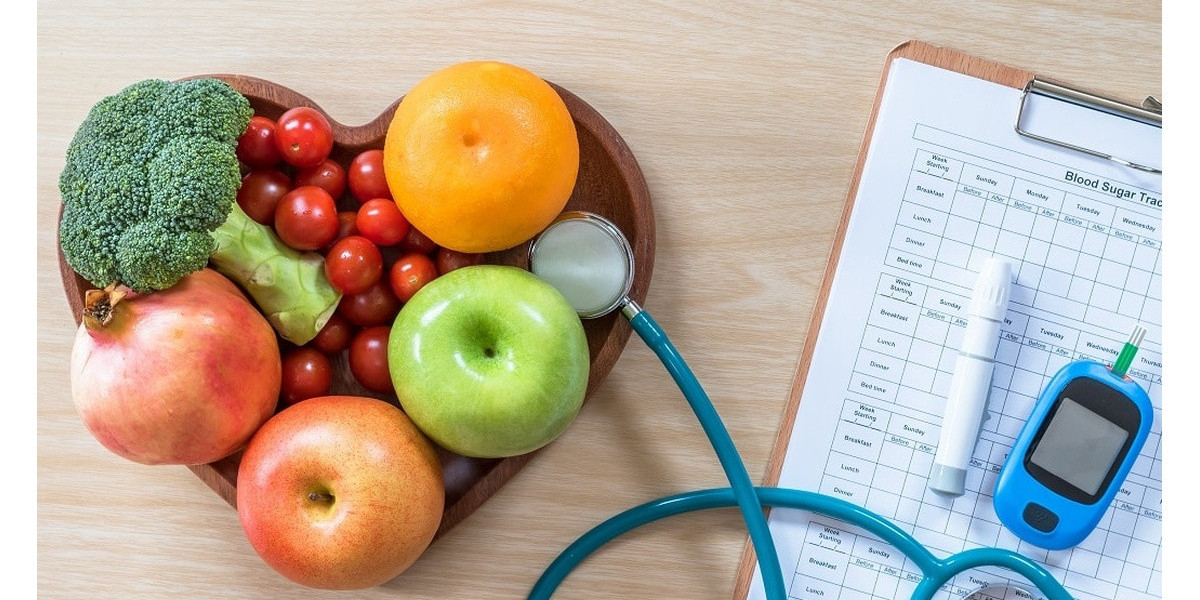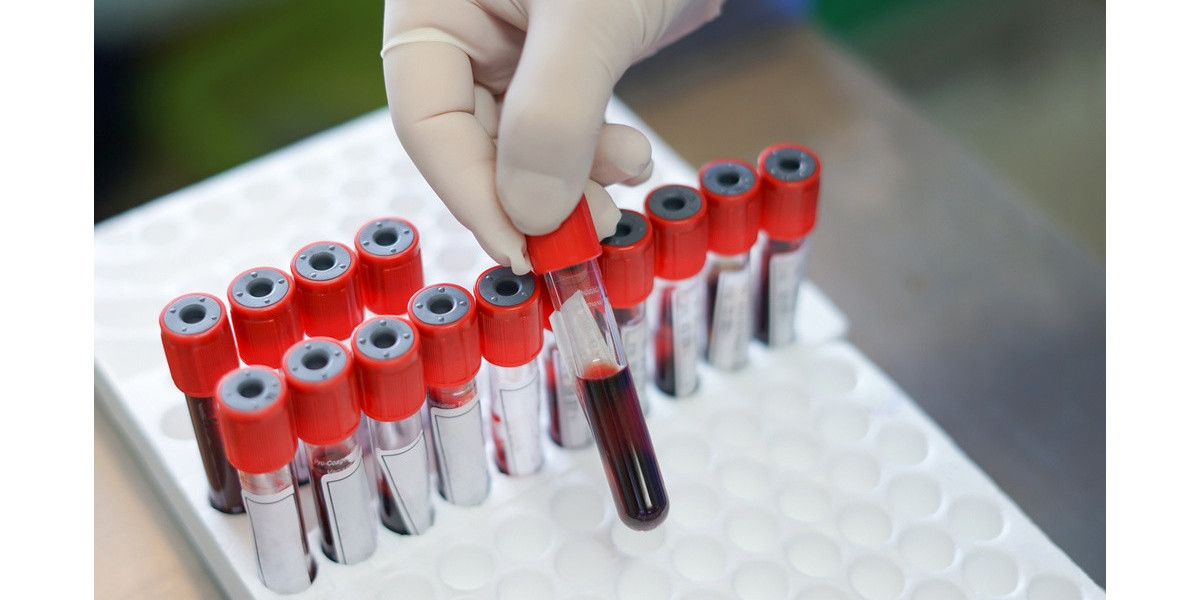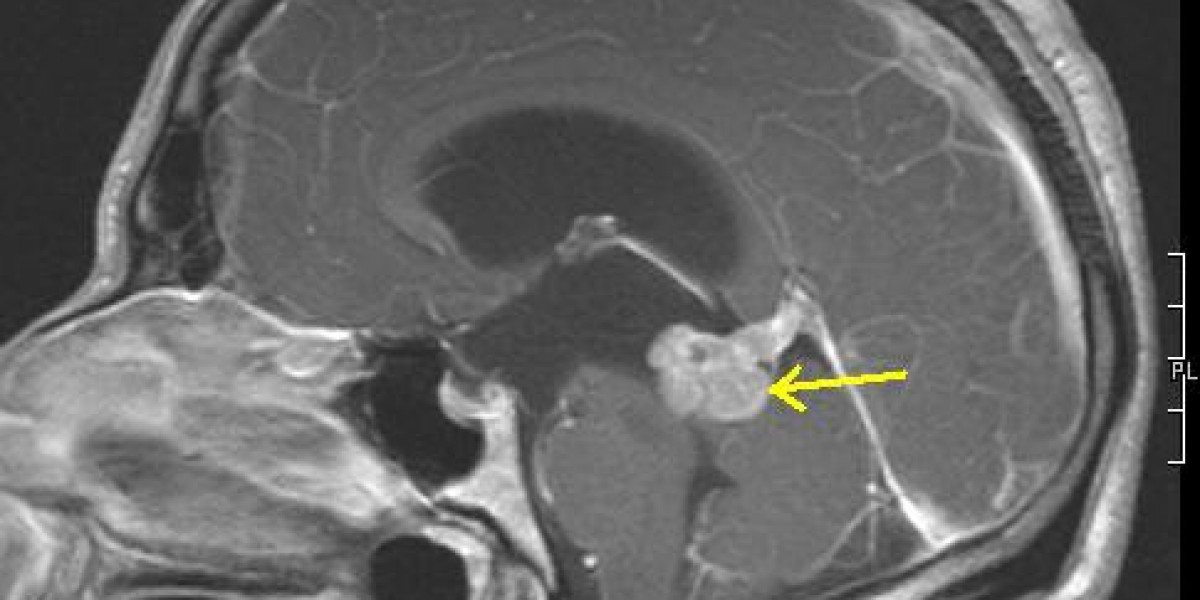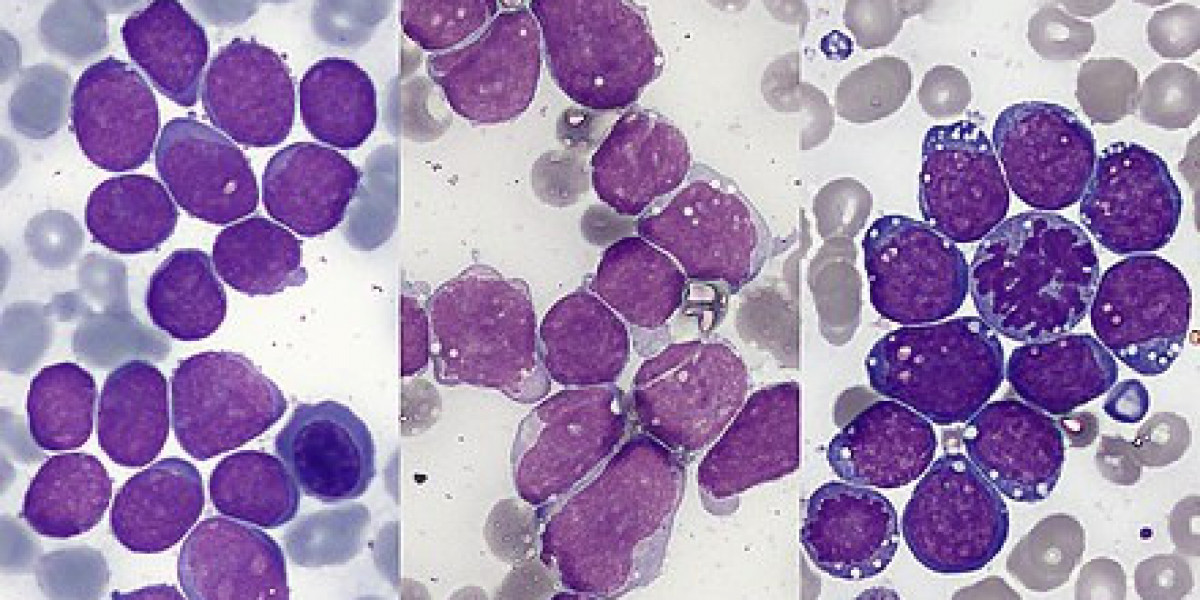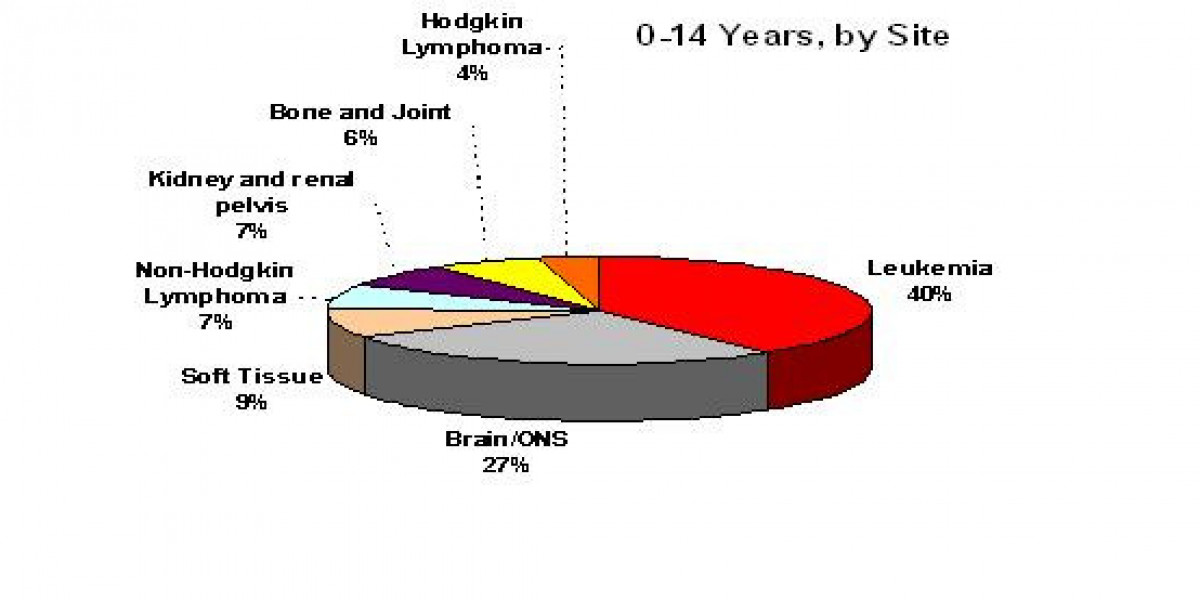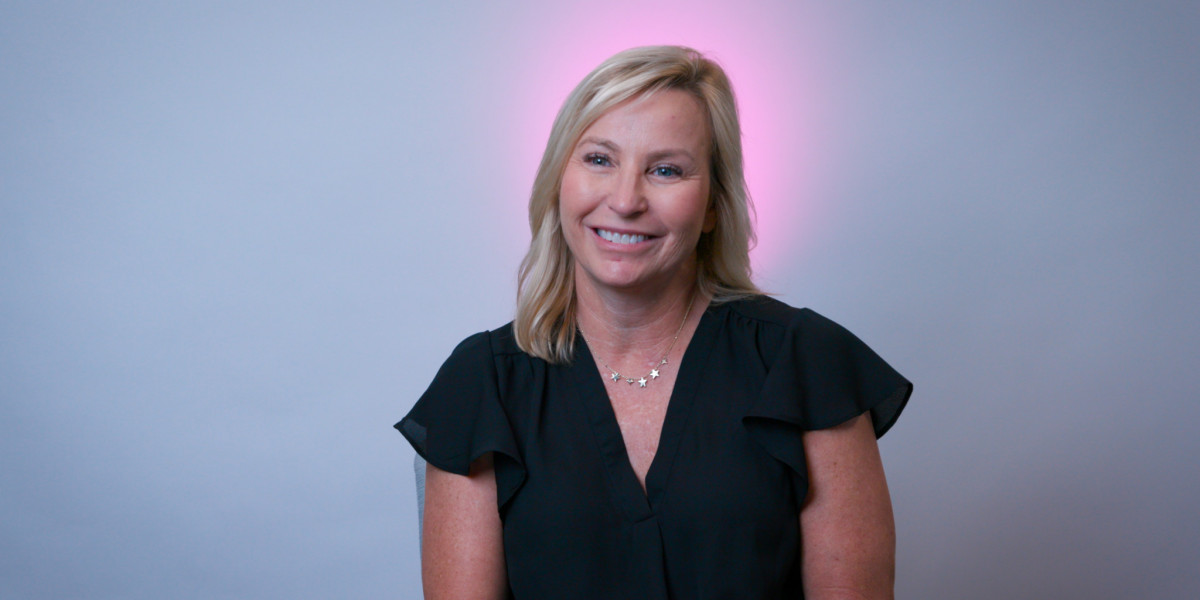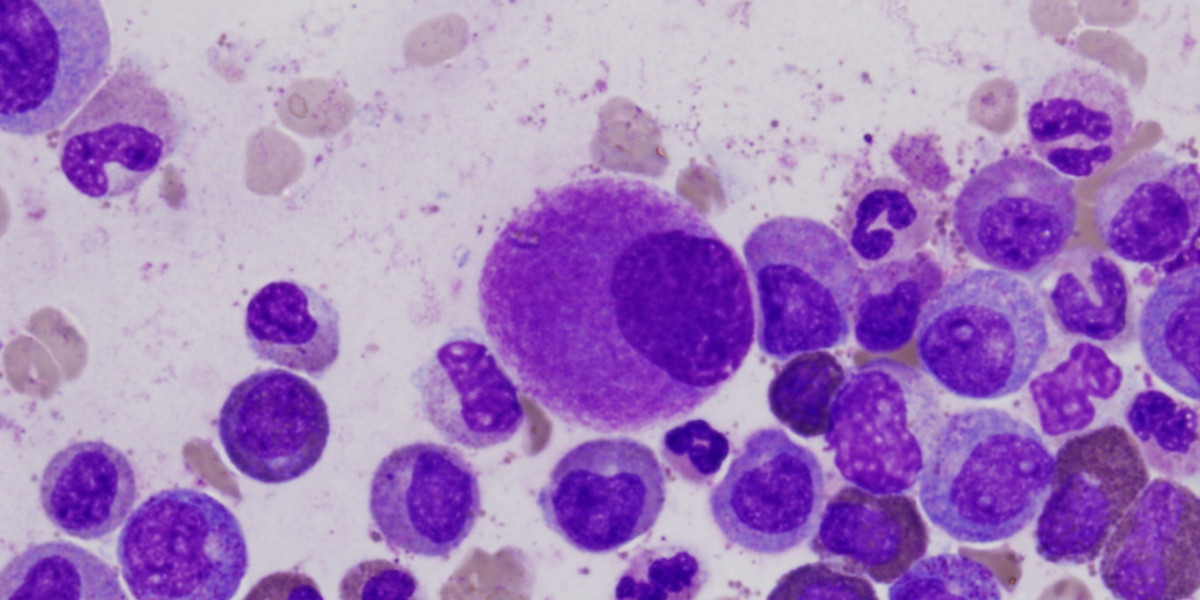HomeHealingHealthy Lifestyle
It’s so important to resist blaming yourself if you get cancer: Our message is always, “Begin now. Don’t look back. We have no idea what caused your cancer . . . But we do know that there are things you can do differently that will make a radical difference in how you feel.”
Making lifestyle choices beyond the 7 Lifestyle Practices includes keeping your weight at a healthy level, staying away from tobacco smoke, limiting alcohol intake, and limiting sun exposure.
You may be nodding your head right now saying “I know, I know—being overweight, smoking, and too much alcohol are not good for me and changing this could save my life and not changing this may shorten my life and make me feel bad in the meantime. But . . . “
We recognize that breaking an unhealthy habit and replacing it with a healthy one is a big deal. Most people need guidance, information, and support to pull off such big changes.
We point you to some of the wealth of resources to inform you about these additional anticancer strategies and guide you in creating healthy habits that stick. You will also find ideas in each of the 7 Healing Practice handbooks, as well as in some of the complementary therapies reviews, such as using acupuncture to help with smoking or managing stress in new ways so you don’t eat, smoke, or drink to deal with stress. The first step is to commit to your health.
And here’s to your health!
Laura Pole
Laura Pole is senior clinical consultant for CancerChoices. Laura is an oncology clinical nurse specialist who has been providing integrative oncology clinical care, navigation, consultation, and education services for over 40 years. She is the co-creator and co-coordinator of the Integrative Oncology Navigation Training at Smith Center for Healing and the Arts in Washington, DC. Laura also manages the “Media Watch Cancer News That You Can Use” listserv for Smith Center/Commonweal. In her role as a palliative care educator and consultant, Laura has served as statewide Respecting Choices Faculty for the Virginia POST (Physician Orders for Scope of Treatment) Collaborative as well as provided statewide professional education on palliative and end-of-life care for the Virginia Association for Hospices and Palliative Care.
For CancerChoices, Laura curates content and research, networks with clinical and organizational partners, brings awareness and education of integrative oncology at professional and patient conferences and programs, and translates research into information relevant to the patient experience as well as clinical practice.
Laura sees her work with CancerChoices as a perfect alignment of all her passions, knowledge and skills in integrative oncology care. She is honored to serve you.
Laura Pole is senior clinical consultant for CancerChoices. Laura is an oncology clinical nurse specialist who has been providing integrative oncology clinical care, navigation, consultation, and education services for over 40 years. She is the co-creator and co-coordinator of the Integrative Oncology Navigation Training at Smith Center for Healing and the Arts in Washington, DC. Laura also manages the “Media Watch Cancer News That You Can Use” listserv for Smith Center/Commonweal. In her role as a palliative care educator and consultant, Laura has served as statewide Respecting Choices Faculty for the Virginia POST (Physician Orders for Scope of Treatment) Collaborative as well as provided statewide professional education on palliative and end-of-life care for the Virginia Association for Hospices and Palliative Care.
For CancerChoices, Laura curates content and research, networks with clinical and organizational partners, brings awareness and education of integrative oncology at professional and patient conferences and programs, and translates research into information relevant to the patient experience as well as clinical practice.
Laura sees her work with CancerChoices as a perfect alignment of all her passions, knowledge and skills in integrative oncology care. She is honored to serve you.
Managing your body weight, limiting alcohol, avoiding tobacco smoke, and limiting sun exposure are key components of a healthy lifestyle that reduces your risk of cancer and supports better outcomes. Combining these habits with the 7 Lifestyle Practices is a powerful way to improve your health and wellness.
Having a healthy body weight is linked to lower risk of many types of cancer, better body terrain—a body that is less supportive of cancer—fewer or less severe side effects and symptoms, and in some cases better survival after diagnosis.
We’re creating handbooks on each of these topics.
Don’t smoke
Limit alcohol
Limit sun exposure
Along with the 7 Lifestyle Practices, these healthy lifestyle choices are recommended by the medical community, as they are linked to lower cancer risk by substantial research. They may change your body’s environment so cancer is less able to grow and spread. They may lead to better outcomes after a cancer diagnosis.
Among the recommendations to prevent cancer:
Many of these actions are specifically included in current recommendations from medical societies and other experts. We’ll include specific recommendations in handbooks.
Research has linked these lifestyle choices to the condition of yourbody terrainthe internal conditions of your body, including nutritional status, fitness, blood sugar balance, hormone balance, inflammation and more, which influences your body’s ability to inhibit the growth and spread of cancer. SeeOptimizing Your Body Terrain ›
Known links between lifestyle choices and cancer:
While each of these lifestyle choices may improve your cancer risk and outcomes individually, combining them and/or including the7 Lifestyle Practicesinto an overall healthy lifestyle may have the most impact.
Modest evidencesignificant effects in at least three small but well-designed randomized controlled trials (RCTs), or one or more well-designed, mid-sized clinical studies of reasonably good quality (RCTs or observational studies), or several small studies aggregated into a meta-analysis (this is the CancerChoices definition; other researchers and studies may define this differently)of better survival and lower risk of recurrence among people with high-risk positive stage 1–3 breast cancer but otherwise healthy with the highest scores for following a healthy lifestyle regarding physical activity; body weight; eating more fruits and vegetables and less red and processed meat or sugar-sweetened beverages; and low or no smoking or use of alcohol
Good evidencesignificant effects in one large or several mid-sized and well-designed clinical studies (randomized controlled trials (RCTs) with an appropriate placebo or other strong comparison control or observational studies that control for confounds) (this is the CancerChoices definition; other researchers and studies may define this differently)of better survival among people with colorectal cancer practicing healthy lifestyle behaviors
Good evidence of lower risk of lethal prostate cancer, but not overall prostate cancer, over 27 years among people with high genetic risk following a healthy lifestyle of a healthy weight, vigorous physical activity, no smoking, and a healthy diet
Making these lifestyle choices can improve symptoms such as pain, fatigue, or depression.4Miller M, Schettler T, Tencza B, Valenti M.A Story of Health. Agency for Toxic Substances and Disease Registry, Collaborative on Health and the Environment, Science and Environmental Health Network, Western States PESHU. p. 107.SeeManaging Symptoms and Side Effects ›
Making changes that last can be a challenge but is not beyond reach.
Dr. Mark Alloia, a behavioral psychologist who guides people in lifestyle changes offers the following advice for creating healthy habits that stick:5I-Thrive Radio interview with Dr. Mark Alloia.Creating Health Habits That Stick. February 5, 2018. Accessed November 10, 2022.
Commit first to your health, rather than committing to one behavior or habit. This opens the door to practicing a variety of health-promoting behaviors that add up and lessens the risk of feeling that you’ve failed at one habit. The process is not about succeeding or failing, but of committing to your health.
Hold up your change commitment with the 5 pillars of change.
It has to be personal and meaningful to you.
This establishes the importance factor. Fear may be a part of the motivation, but shouldn’t be your only motivator.
This is the belief that you can persist in the face of difficulties. For example, “I will be able to keep from smoking when out with friends who are smoking.” Build confidence that you can make goals and likely be able to achieve them.
This is critical in helping you sustain changes. Social support bolsters us. For instance, tell a friend you’re working on making this change and ask for their help. Or simply verbalize your commitment out loud to a person who will be supportive of you. The altruism of giving support to others helps us sustain changes in ourselves. Keep in mind that people we hang out with tend to have similar values and it may be easier for people we know to support us. Be mindful, though, that some people you know may not be supportive and may be critical or may feel threatened by your making changes that will upset the status quo. It’s likely not a good idea for them to be the first string on your change-support team.
If you’re going to work with a coach, counselor or therapist, find someone who respects your autonomy. This person should know when to take their foot off the gas and not get down on you if you need to slow down or if you backslide. They should encourage you to have self-compassion through this change process.
Some practical change tips from the Smith Center’s Cancer Help Program retreats and their Healthy U workshop series:6Information sourced from Laura Pole and Swami Vidyananda.
Simple Tools for Building Healthy Habits from NYT Best-Selling Author Dan Heath ›
Motivate Your Patients to Make Healthy Choices with This Communication Approach ›
Ms. Hepp is a researcher and communicator who has been writing and editing educational content on varied health topics for more than 20 years. She serves as lead researcher and writer for CancerChoices and also served as the first program manager. Her graduate work in research and cognitive psychology, her master’s degree in instructional design, and her certificate in web design have all guided her in writing and presenting information for a wide variety of audiences and uses. Nancy’s service as faculty development coordinator in the Department of Family Medicine at Wright State University also provided experience in medical research, plus insights into medical education and medical care from the professional’s perspective.
Laura Pole is senior clinical consultant for CancerChoices. Laura is an oncology clinical nurse specialist who has been providing integrative oncology clinical care, navigation, consultation, and education services for over 40 years. She is the co-creator and co-coordinator of the Integrative Oncology Navigation Training at Smith Center for Healing and the Arts in Washington, DC. Laura also manages the “Media Watch Cancer News That You Can Use” listserv for Smith Center/Commonweal. In her role as a palliative care educator and consultant, Laura has served as statewide Respecting Choices Faculty for the Virginia POST (Physician Orders for Scope of Treatment) Collaborative as well as provided statewide professional education on palliative and end-of-life care for the Virginia Association for Hospices and Palliative Care.
For CancerChoices, Laura curates content and research, networks with clinical and organizational partners, brings awareness and education of integrative oncology at professional and patient conferences and programs, and translates research into information relevant to the patient experience as well as clinical practice.
Laura sees her work with CancerChoices as a perfect alignment of all her passions, knowledge and skills in integrative oncology care. She is honored to serve you.
Last update: August 7, 2023
CancerChoices provides information aboutintegrativein cancer care, a patient-centered approach combining the best of conventional care, self care and evidence-informed complementary care in an integrated plancancer care. We reviewcomplementaryin cancer care, complementary care involves the use of therapies intended to enhance or add to standard conventional treatments; examples include supplements, mind-body approaches such as yoga or psychosocial therapy, and acupuncturetherapies andself-carelifestyle actions and behaviors that may impact cancer outcomes; examples include eating health-promoting foods, limiting alcohol, increasing physical activity, and managing stresspractices to help patients and professionals explore and integrate the best combination ofconventionalthe cancer care offered by conventionally trained physicians and most hospitals; examples are chemotherapy, surgery, and radiotherapyand complementary therapies and practices for each person.
Our staff have no financial conflicts of interest to declare. We receive no funds from any manufacturers or retailers gaining financial profit by promoting or discouraging therapies mentioned on this site.
References[+]
No matter what you’re facing in your journey with cancer, you are not alone. We’re here to help and connect you with resources that will help you and those you love.
CancerChoices does not provide medical advice. Content is provided only to inform our readers. It is not a substitute for professional medical advice, diagnosis or treatment.View additional information.
Sign up for our weekly newsletter and receive:
The recipe ebook includes recipes from the cookbook Cancer Fighting Kitchen by Rebecca Katz. Stay informed on the latest in integrative cancer care to discover healing during treatment, recovery, and beyond.
Originally published on The Patient Story: https://cancerchoices.org/healing/healthy-lifestyle/
